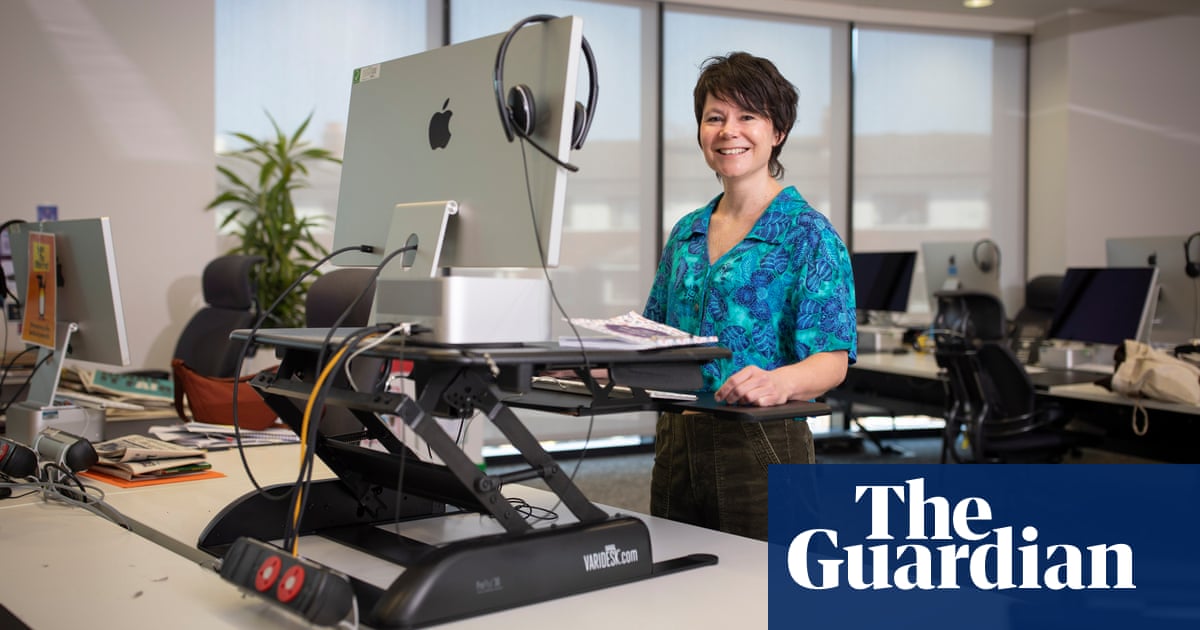In 2019, I was cycling to work, training at a boxing gym, playing basketball and doing yoga (not all at the same time). Then, one day, I picked up a box. It was bulky but not particularly heavy. I felt a twinge in my back, but thought nothing of it. I played basketball that evening and went to bed as normal.
In the morning, I couldn’t get up. The pain when I tried was so intense, I was sobbing. I moved a millimetre at a time, eventually making it upright after about half an hour. Once I was up, I couldn’t sit down. I shuffled slowly around the house, looking online for answers.
TheNHS websitereassured me it was likely a pulled muscle and would get better on its own. In the meantime, I should stay active, take painkillers, alternate between ice (frozen peas) and heat (a hot-water bottle) and do some stretches. Stretching was out of the question, but I dutifully did everything else.
A few days later, I hobbled to see a doctor. She told me my muscles had gone into spasm and would soon relax. But it didn’t get better and eventually, in desperation, I went for a private MRI scan after several weeks off work. It turned out the pain wasn’t muscular at all. I had a herniated disc in my lower back, which was pressing on my sciatic nerve.
I started physio and slowly things improved. But when I returned to work, my progress plateaued. Then I had a few relapses and realised that sitting down all day was the worst thing I could do, so I requested a standing desk.
The desk was adjustable so I could alternate sitting and standing, but as my back hurt whenever I sat for more than a few minutes, I rarely did. Standing was tiring – I was exhausted for the first week – but I quickly got used to it. Creative tasks were more difficult at first: I could answer routine emails but struggled to write an article, for example. Again, though, I soon adjusted.
I was often the only person standing up in the office, so I felt like a meerkat on sentinel duty. Colleagues asked questions, and now a few with bad backs have standing desks too. I think all office workers should have the option to stand –people who sit for long periodsare more likely to die earlier. Scandinavians know they’re on to a good thing – more than 80% of office workers in Norway, Sweden, Finland and Denmark are reported to have access to a standing desk (as opposed to 1% in the UK), and it is mandatory for employers in Denmark to offer sit-stand workstations.
Now I stand all day, but take regular breaks to move around (standing still for more than two hoursmay have its own health risks). When I work from home, I still mainly stand, balancing my laptop on a pile of books. I try to maintain good posture – and I make sure I bend my knees when I pick up a box. I haven’t put my back out for five years.
Last month, a global study found thatexercise is one of the few effective non-surgical treatmentsfor lower back pain. I think I might ask for a treadmill desk next …
